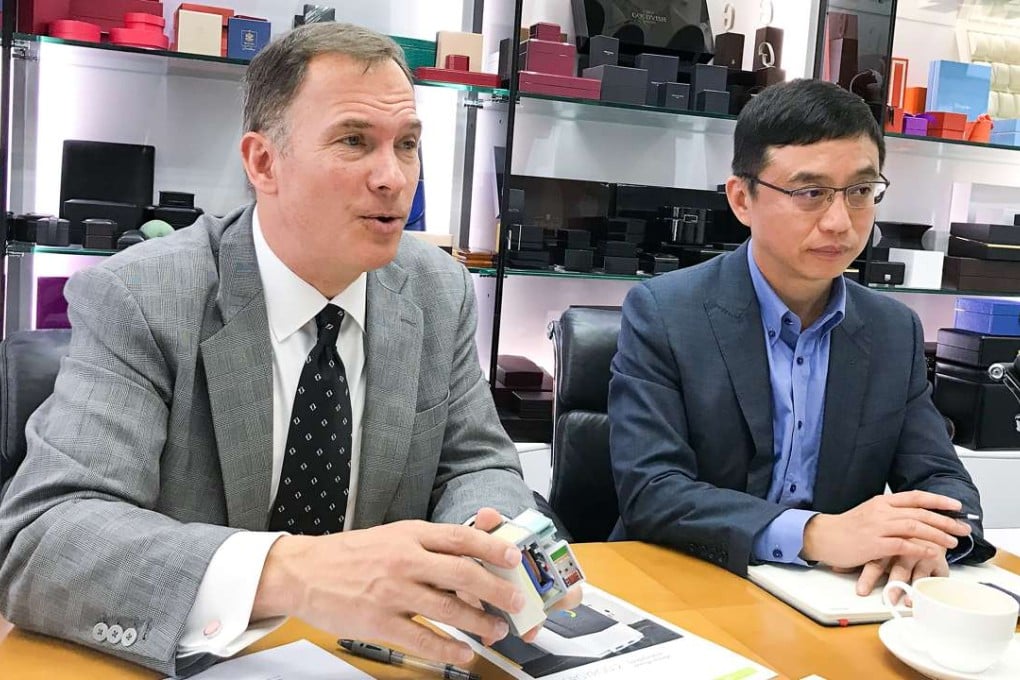US’ Primus Power partners with Success Dragon to develop China market

Primus Power, a Silicon Valley-based developer of power storage systems that make intermittent wind and solar energy easier for power grids to absorb, has won a US$20 million investment from a little-known Hong Kong gaming firm called Success Dragon International.
Primus, whose backers include international mining giant Anglo American, US venture capital firm Kleiner Perkins Caufield Byers, Russian state-backed private equity firm Rusnano and Kazyna Capital Management, a unit of Kazakhstan’s sovereign wealth fund, completed the sale of shares equivalent to a 20.8 per stake to Success two weeks ago.
The deal made Success Primus’ third largest shareholder, giving Primus a board seat.
Success is 29 per cent controlled by Mark Yoong Yong Khong, a Singaporean businessman.
The firm runs a slot-machine business in Macau. It has tried but failed to obtain a gaming licence in Vietnam, according to Daniel Jiang Dan, who took up the chief executive position two weeks ago.
Li Xuehua, former chief executive of Hong Kong-listed developer China Jinmao – formerly known as Franshion Properties – also joined Success as chairwoman early last month.
Success had a net loss of HK$29 million in the six months to September 30 last year on sales of HK$81.7 million, mainly from slot machines operations.